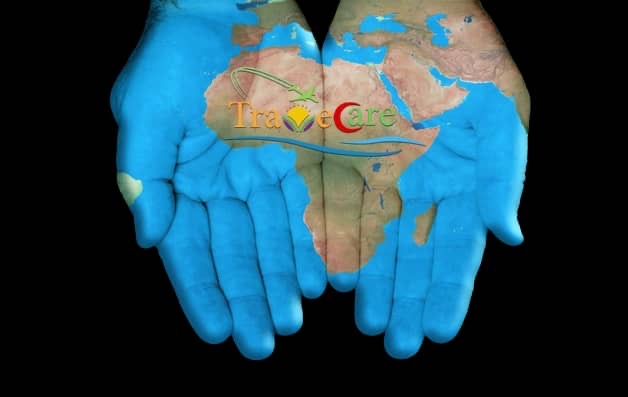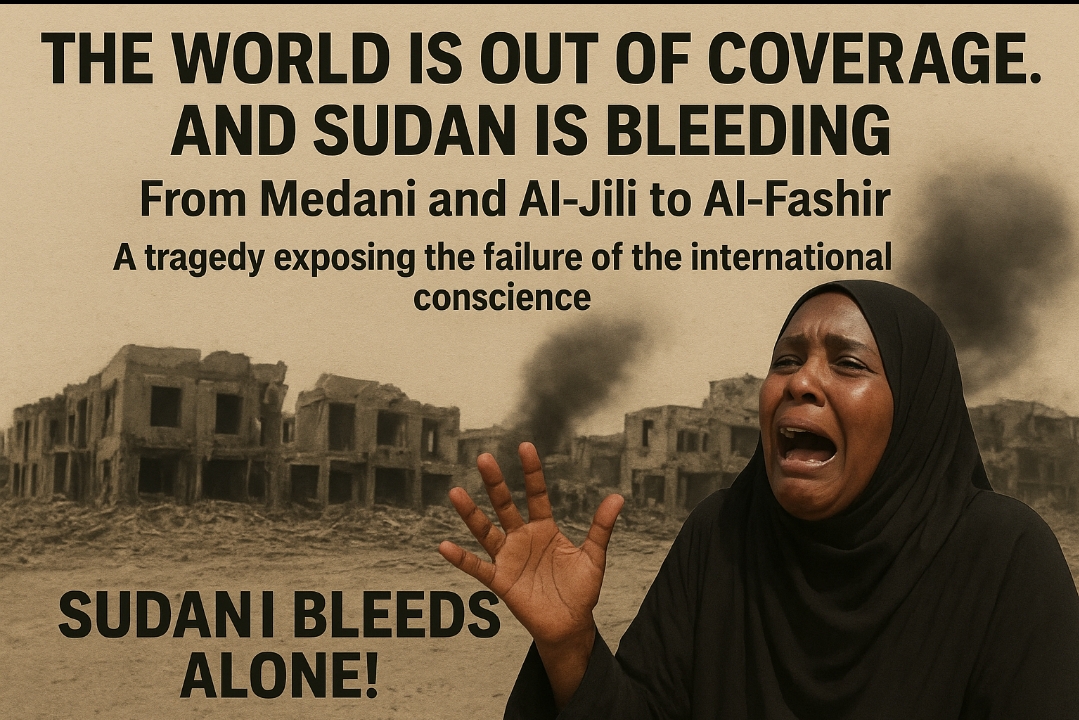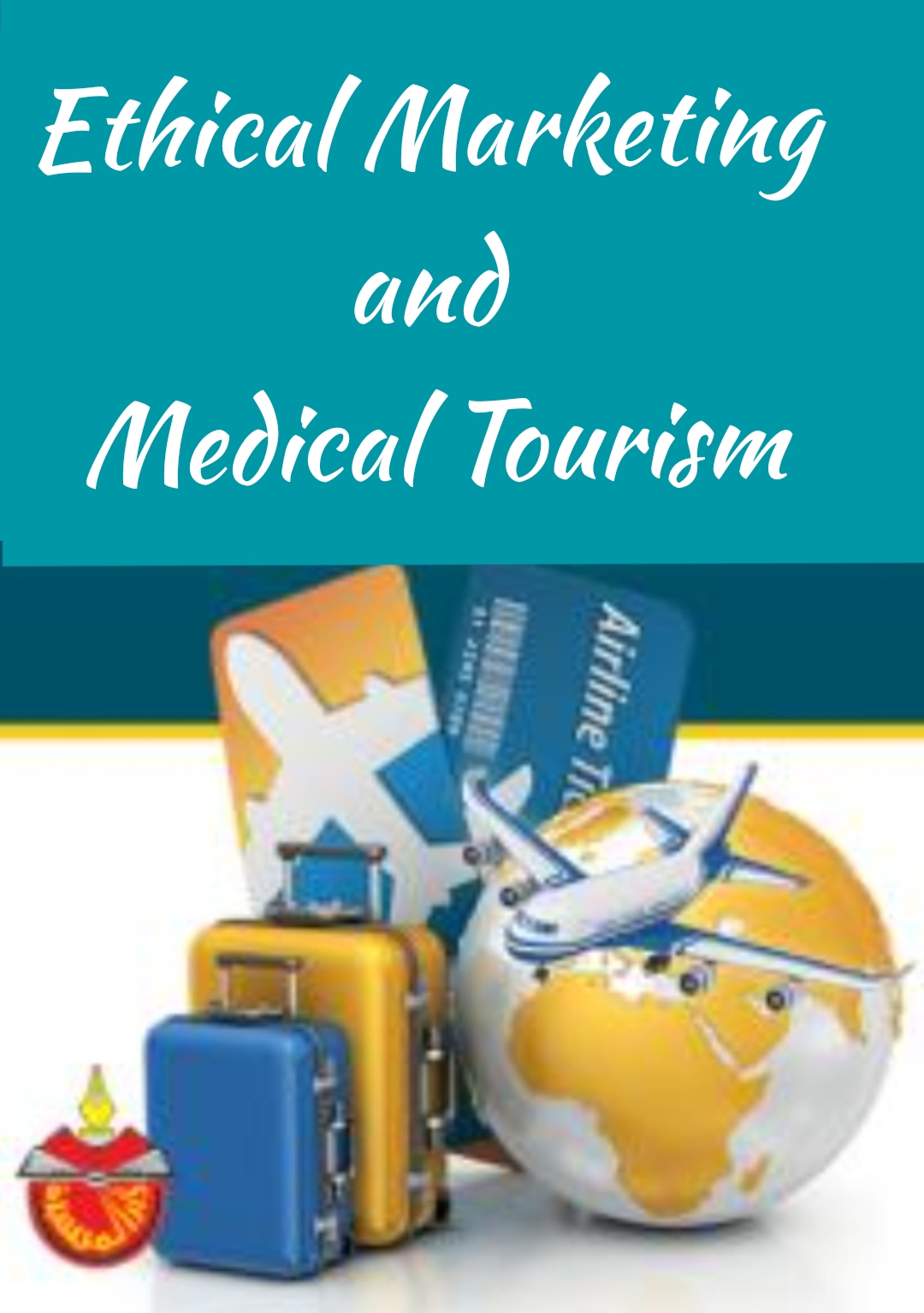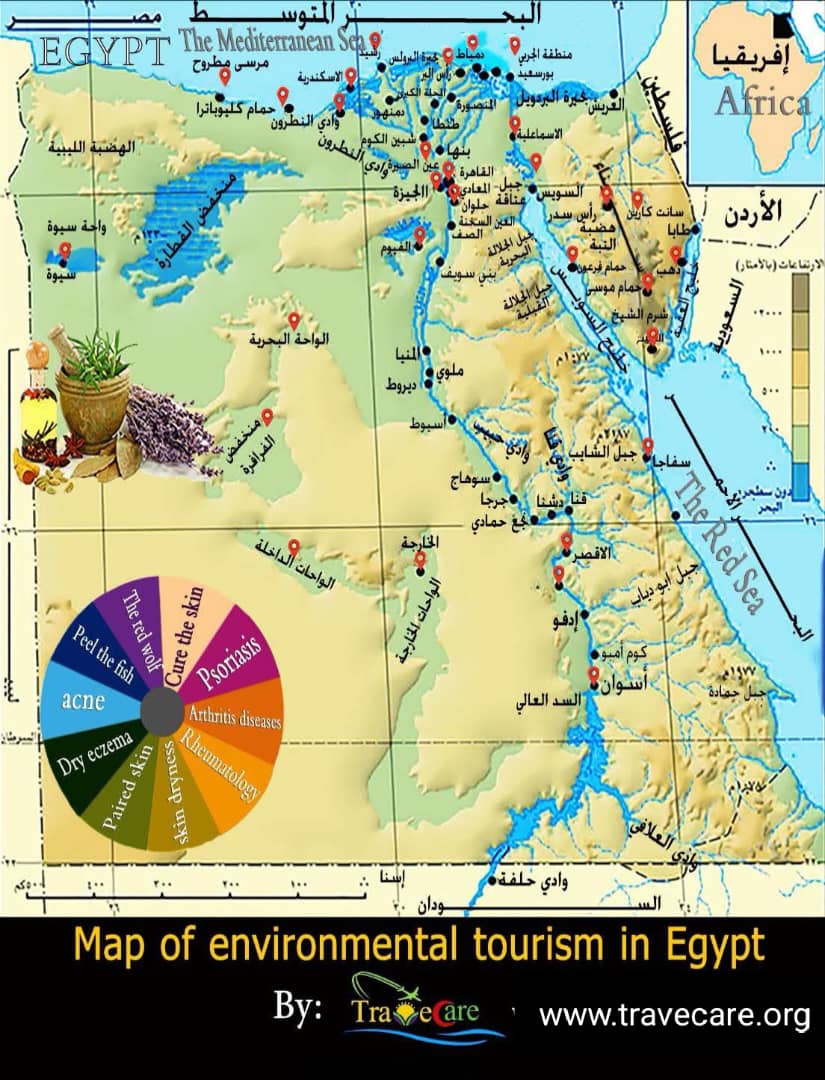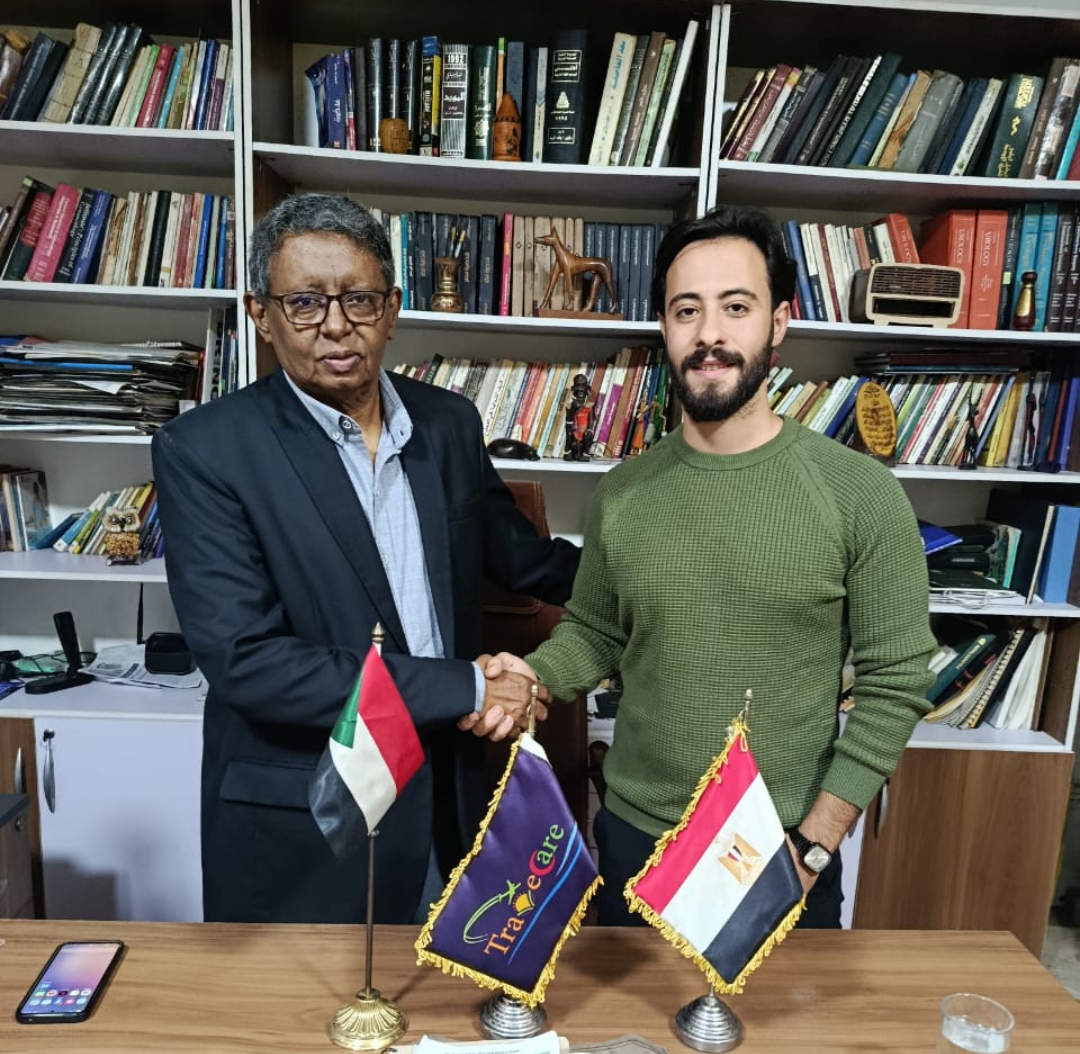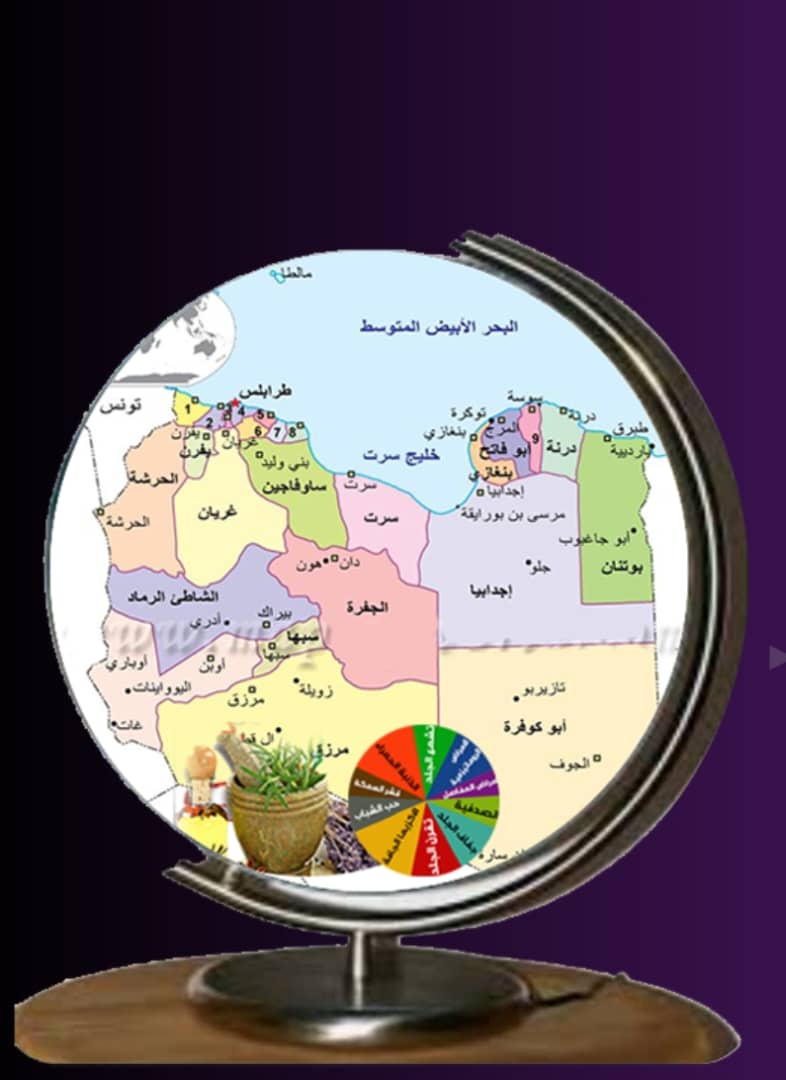Does having two different prices for local citizens and medical tourism patients negatively affect medical tourism? .

The answer is yes.
This question is often avoided by those working in this sector. For many years, I have failed to convince those I have contacted about the necessity of having one unified price for everyone. Only a few have responded positively to make the price the same for both local citizens and international patients seeking treatment.
The truth is that having a difference in the prices of medical tourism services between local citizens and international patients can negatively impact several aspects:
1.Impact on the reputation of the medical destination: If international patients feel that there is price discrimination and that they are charged higher prices than local citizens, they may perceive it as exploitation or unjust discrimination. This negatively affects the reputation of the medical facilities and the country as a medical tourism destination, potentially leading to fewer international patients choosing this destination. Unfortunately, this happens, and many patients have expressed their complaints to me from time to time. Healthcare providers for our guests – and I emphasize, guests, not customers – should recognize them as such and honor them by offering unified prices, high-quality services, and respectful treatment.
2.Decreased trust in the healthcare system: Price differences may be interpreted as a sign of a lack of transparency or fairness in the provision of services, which reduces the confidence of international patients in the healthcare system of the country, leading to a decline in the demand for treatment there.
3.Increased competition with other destinations: Countries that offer medical tourism services at equal costs for both local citizens and international patients may attract more international patients, as they are seen as more fair and transparent. This puts the country that imposes different prices in an uneven competition with others.
4.International patients feeling undervalued: International patients may feel that they are less valued or that they are being financially exploited just because they are not local, which negatively impacts their overall experience and makes them less likely to recommend this destination to others.
To avoid these negative effects, it is preferable to ensure transparency in pricing, and that the cost is based on the quality of service, not the nationality of the patient, while still offering some privileges to local citizens in a way that does not create a large gap between the two groups.
Therefore, Traficure and its medical team have taken this important point into consideration by standardizing prices for everyone, adopting the slogan “Humanity, not nationality,” emphasizing the humanitarian aspect over any other. I hope that healthcare providers in medical tourism will reflect on this before asking themselves why countries with excellent medical services and skilled doctors have not taken the lead in medical tourism.



